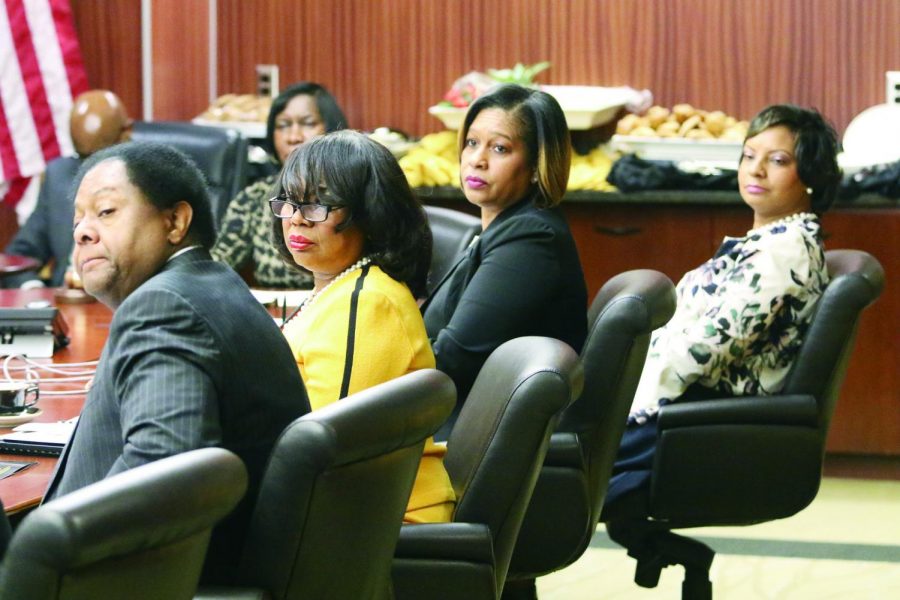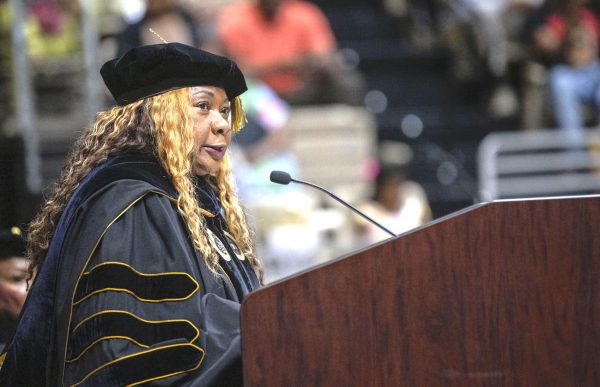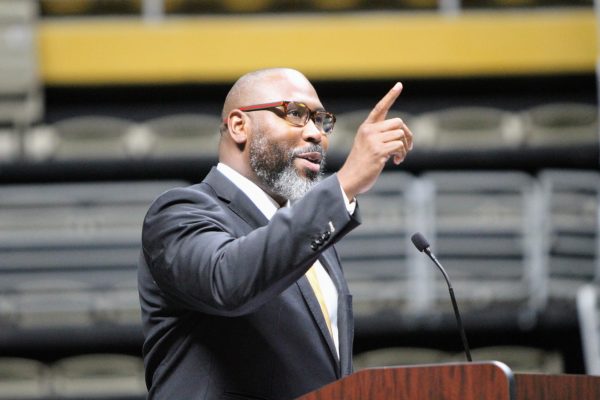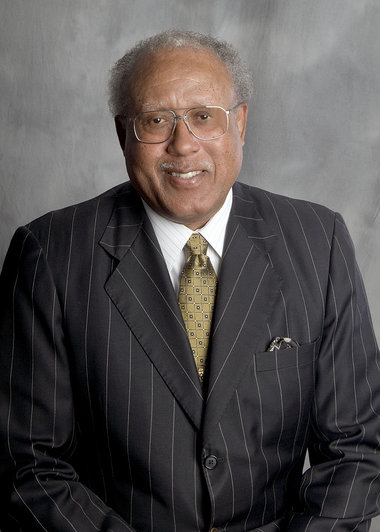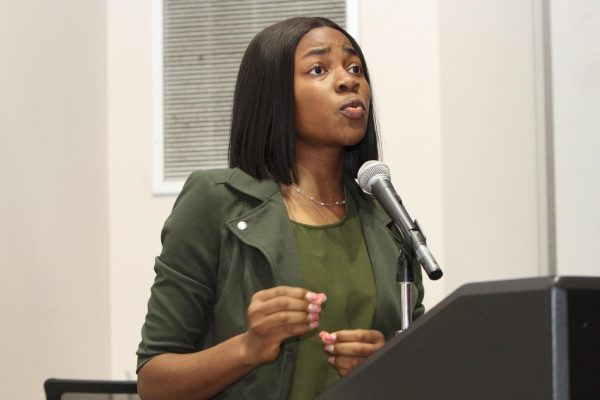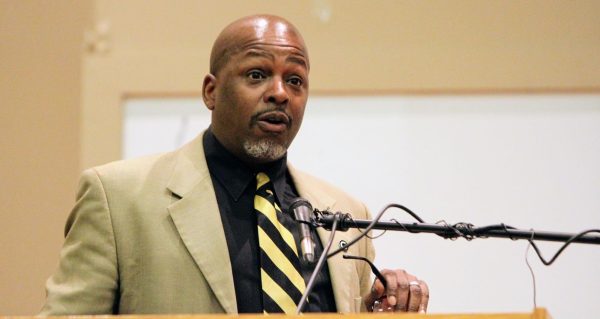Trustees pass university operating budget
The Alabama State University Board of Trustees passed the university’s 2018-19 operating budget during it’s last meeting of the year on Sept. 21, after the board’s Finance Committee asked for more time to review the budget three weeks earlier.
Trustee Tiffany McCord expressed her desire to compensate employees who had been at the institution at least five years or more.
“So when I initially saw the budget, I requested a budget or a synopsis of a budget that would show what it would cost to provide longevity pay for our workers who had been here five years or longer,” McCord said, “and I requested that we also look at what it would cost to give our workers who had been here five years or longer a two percent raise. I did not get those numbers until this morning, and I think that we have to look at those things when we are talking about folks that have not received raises in a really long time and who have been dedicated to this university. I wish we had additional time to vet out the numbers, especially those who are making the least ….”
Trustee Napoleon Bracy agreed with McCord and explained that the Finance Committee would be working closely with the administration “to do things better” including getting the budget earlier.
Trustee Mario Lumzy, chairman of the Student Affairs Committee requested that the board take action in terms of renaming the Division of Student Affairs to the Division of Student Affairs and Enrollment Management. The motion carried and was approved.
Faculty Senate Chairman Douglas Strout, Ph.D. thanked the university president for his response to shared governance.
However, Strout brought to the attention of the board that some faculty had not been paid for teaching this summer.
“That simply can’t stand,” Strout said. “Faculty that are serving this university during any term, summer, fall, or spring should be paid for their efforts in a timely way according to faculty salary schedule.”
Faculty members have expressed their concerns about payment for the summer 2018 term. Unfortunately, despite the fact that it is the end of September these problems have not been corrected.
Secondly, he asked the board to be more considerate in regards to the cancellation of classes. Calling it a matter of financial management, he explained to the board that the cost of overload courses which is significantly less than regular courses should be taken into consideration when deciding whether to cancel these courses. Also, he said that these course should not be held at the same standard because of the low cost of serving students and offering these courses. Making it a revenue versus cost situation, he spoke about how the professors who teach these overload courses do not receive a very high compensation as a way to further persuade them.
The board thanked the presenters for their reports.


